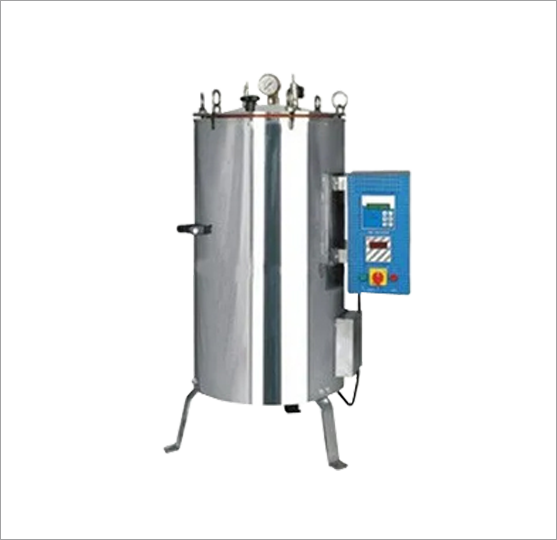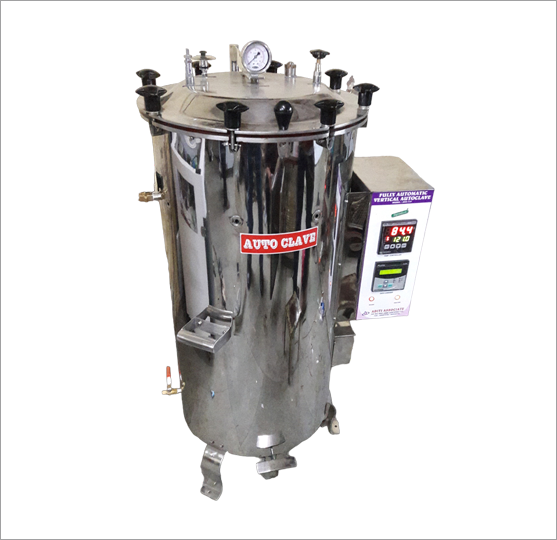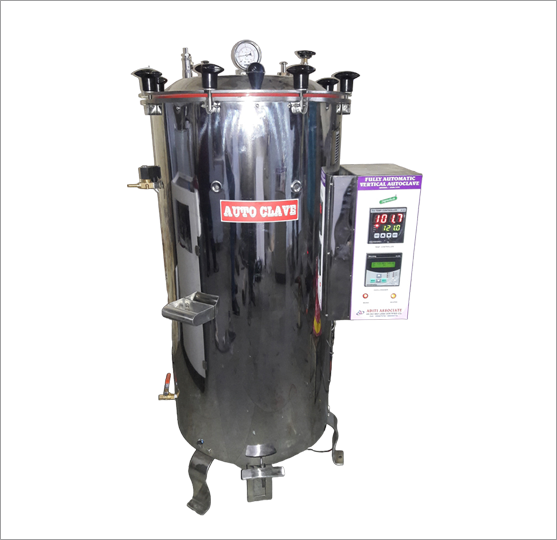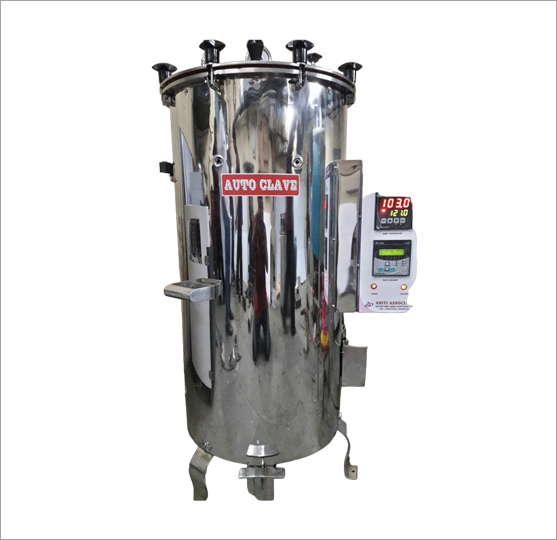-
Call
+ 91 9869569782 / 9594079782
-
Email
+ 91 9869569782 / 9594079782




An autoclave is a vital piece of equipment used in various industries and laboratories to achieve effective sterilization. This ingenious device employs steam and high-pressure conditions to eradicate bacteria, viruses, fungi, and other microorganisms, ensuring the safety and purity of equipment, materials, and medical instruments. Let's delve into the world of autoclaves, exploring their functions, applications, and significance.
Autoclaves operate on the principle that elevated pressure and temperature significantly enhance the killing efficiency of microorganisms. The process begins by loading the items to be sterilized into the autoclave chamber. The air inside the chamber is then replaced with steam, eliminating any potential pockets of air that could hinder the sterilization process.
The autoclave's heating system rapidly increases the temperature, often reaching around 121 to 134 degrees Celsius (250 to 273 degrees Fahrenheit). This high temperature, combined with pressure that can range from 15 to 30 psi (pounds per square inch), works together to effectively kill bacteria, spores, and other microorganisms. The exposure time varies depending on the type of material being sterilized.
The versatility of autoclaves makes them indispensable in several fields:
Aditi Associates' dedication to innovation, quality, and customer satisfaction has positioned them as a leading manufacturer and exporter of autoclaves. Their comprehensive product range,customization options, and commitment to international standards make them a trusted partner for industries seeking efficient and reliable sterilization solutions.
Request A Quote